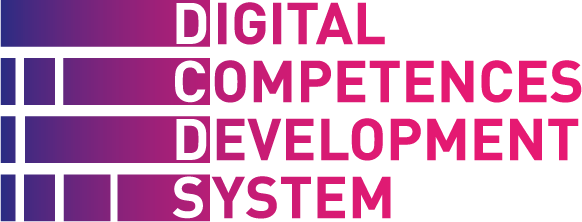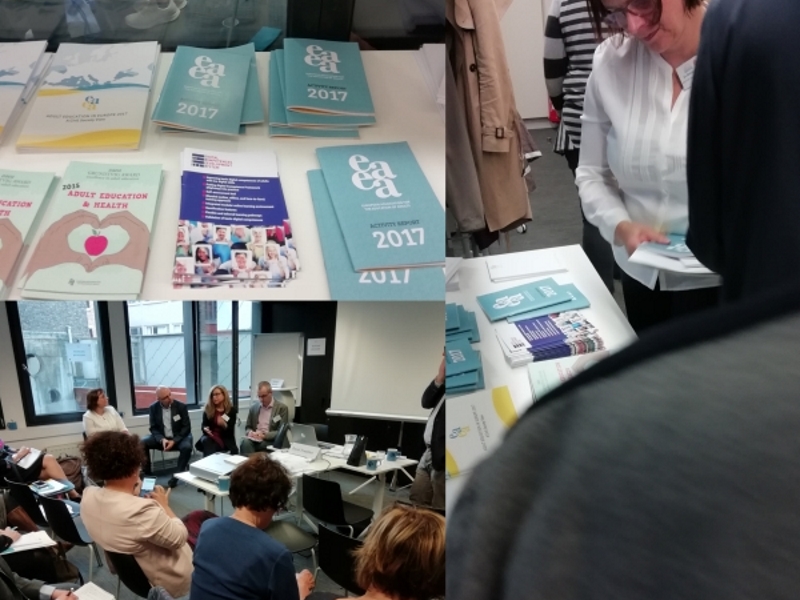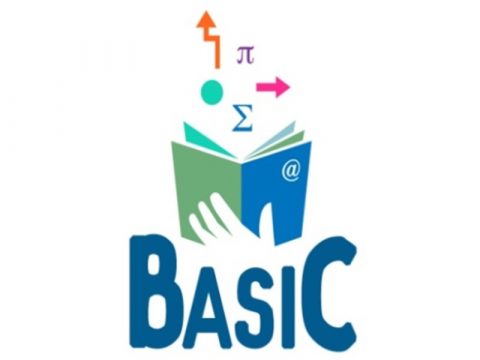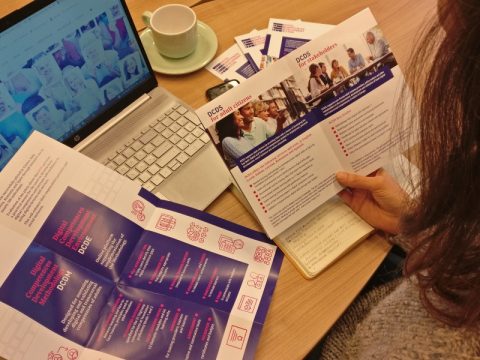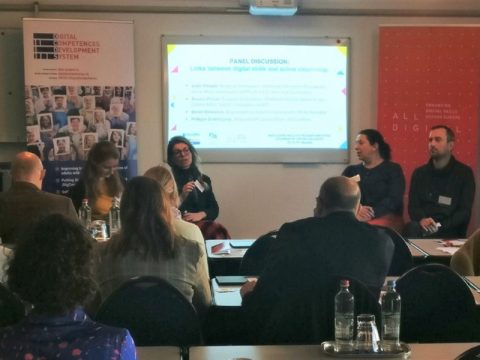The Life Skills for Europe project (LSE), is an Erasmus+ project, aiming at improving basic skills provision in Europe by explaining, further developing and upscaling the life skills approach. Its final conference “Transforming lives, society and adult education through life skills” was organised on 16 October 2018 in Brussels by EAEA and the LSE consortium.
During the conference, project partners presented tools for introducing the life skills approach in the basic skills provision in Europe and recommendations on how to support a change in basic skills policies. Best practice examples were illustrated in order to understand the benefits of Life Skills for learners from a disadvantaged background, but not only. The project indeed focuses on three target groups: learners with a disadvantaged background, refugees and Europeans with a hostile attitude to foreigners and intercultural exchange.
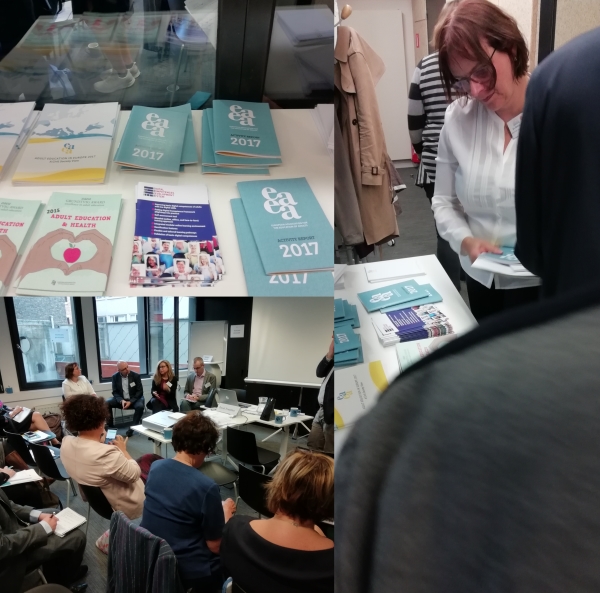
Life skills are a constituent part of capabilities for life and work in a particular social, cultural and environmental context. The types of life skills emerge as a response to the needs of the individual in real life situations. The development of digital capabilities is considered to be a vital constituent part of the Life Skills approach. Being familiar with a computer supported and web-based environment and able to use digital tools, media and resources are matters of great importance within that framework.
Starting from this point the link was made between the LSE and DCDS projects. Information material of DCDS have been made available during the conference, and participants had the opportunity to get to know the DCDS project and its cause.
